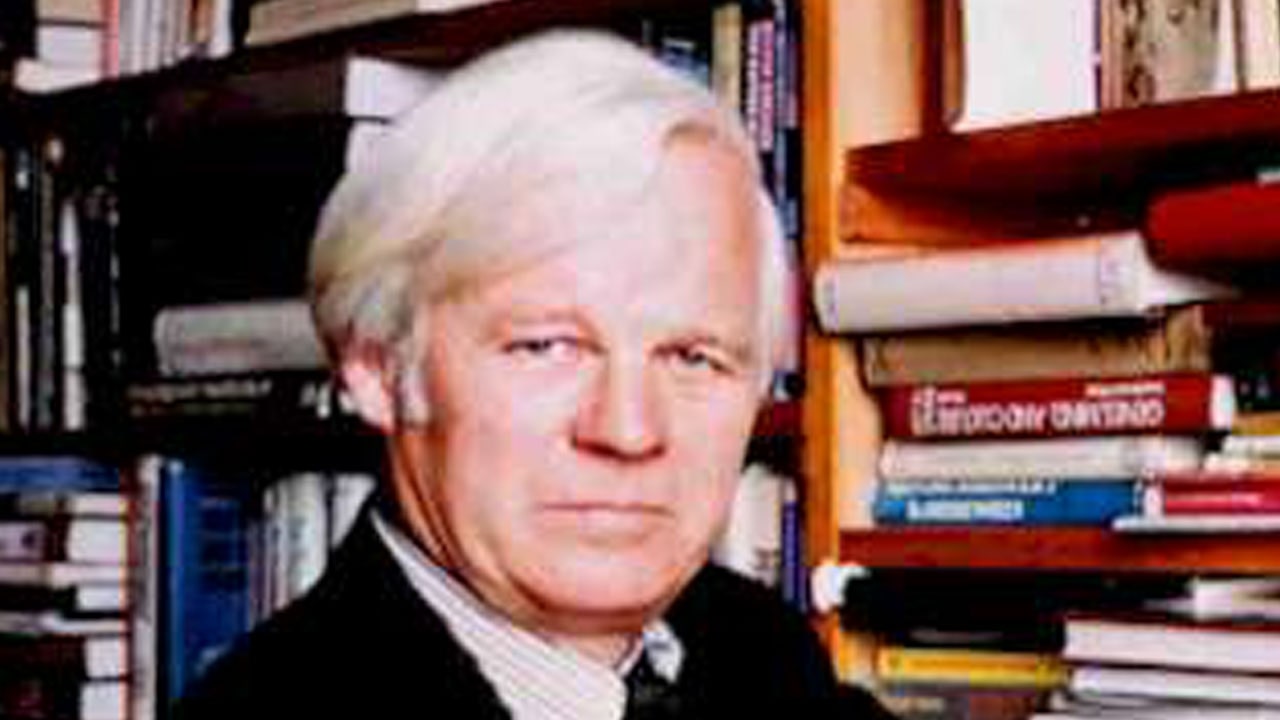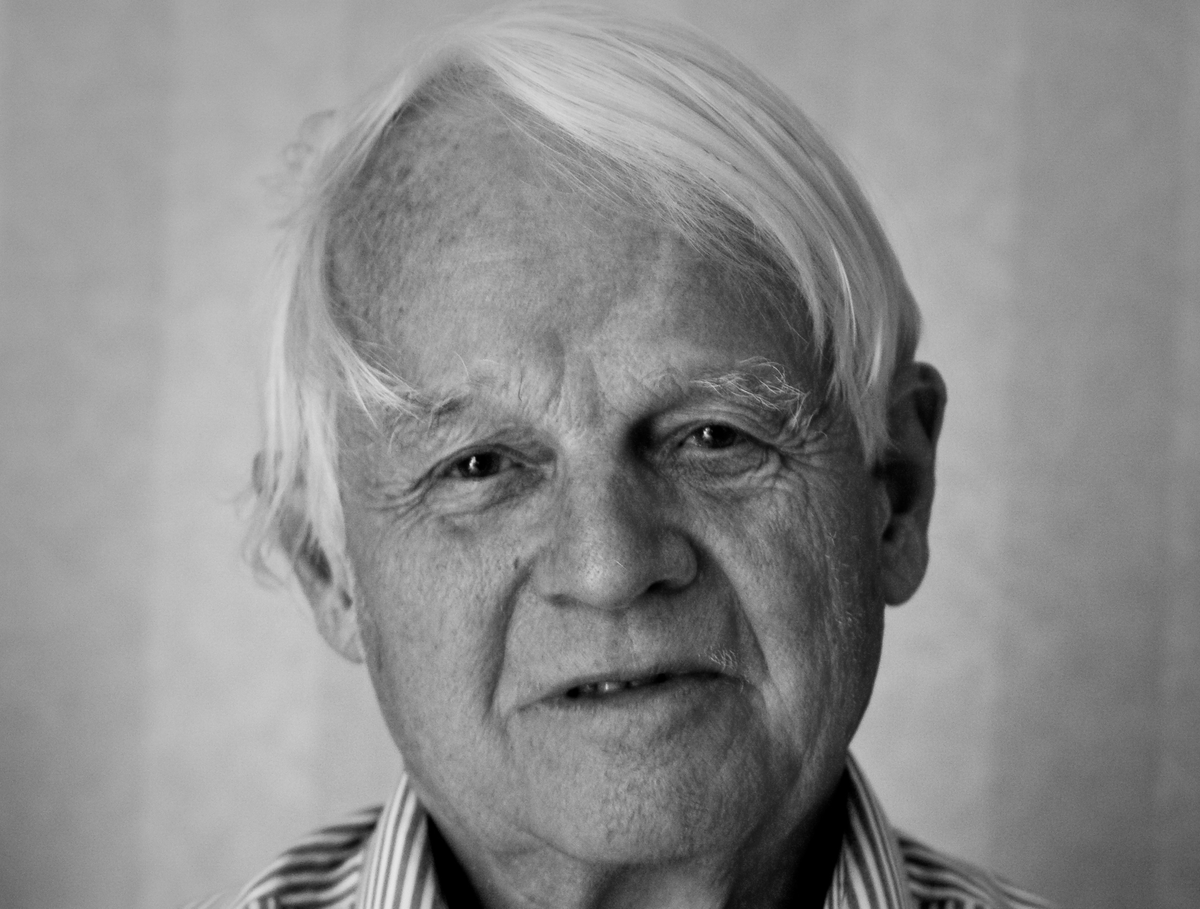A week ago, my colleagues Cathryn Townsend, Kevin Bird, Jed Carlson, Jon Philips, Rebecca Sear, James Lingford and I published an opinion piece in STAT. In it, we described the life and research of Richard Lynn, a psychologist who spent most of his career looking for data that showed the intellectual supremacy of white people over most other people on the planet, especially people from Africa or with African ancestry.

Lynn’s work is all over the alt-right sections of the internet; if you have ever chanced upon a poorly pasted-together meme talking about Black people and low IQs, it almost certainly originated as a reference to Lynn’s work. He was one of the most influential scientific racists of his age (he died in 2023).
It goes almost without saying that Lynn was a bigot of the first order, but he layered that on with decades of poor research practices and data manipulation to reach the conclusions that he wanted. He has been shielded from criticism by the opacity of his work — try reading one of his papers, they’re very boring — but also because the journals that he published in are owned by publishing giants, like Elsevier and Springer Nature. They lend him their legitimacy.
It’s discomfiting to look at the culture of science that you yourself are a part of (that I, too, am a part of) and reflect that maybe all the chatter we endured about peer review and scientific self-correction doesn’t actually work.
These publishers also own quite a few other science periodicals, notably Scientific American (owned by Springer-Nature), Nature (also Springer-Nature), Cell (Elsevier), and The Lancet (Elsevier). My colleagues — a group of biologists, anthropologists, geneticists, and historians — wanted to advocate that his work be formally retracted. Indeed, scientists have been complaining about his openly racist body of work for years without any movement from his publishers. As we wrote in the STAT piece:
The glaring shoddiness of Lynn’s academic works does not reflect a man interested in scientific rigor. It does, however, start to make sense in light of Lynn’s intellectual project to, in his own words, “have a go at the rehabilitation of eugenics.” Lynn wanted to prove that the poor are poor because of a problem within them: “they have some deficit,” he claimed. He believed that there exists “a racial hierarchy in the United States of IQs of racial-ethnic groups” and advocated for “secession of the whitest states.”
Complaining in society journals had not had any effect, so we — again, a loose collection of scientists who know each other from the internet and essentially nowhere else — reasoned that yelling as loudly as possible in a mainstream magazine of science would make more waves. Scientific American politely declined, out of an editorial position to not comment on their owners. That ruled out Nature, and Cell, and all the others, as well. It is important to note that each of these publications states that it maintains editorial independence from sister journals and parent companies. Even so, we couldn’t help but feel that there was an unwillingness to criticize these publishing behemoths.
Why has there been so little discussion among scientists about the people who use the veneer of science to legitimize racism and eugenics? I don’t know, but I have hypotheses. Despite a lot of efforts, science and academia are still overwhelmingly white places. Many of the heroes of popular science — people like Sam Harris and Richard Dawkins, who might have inspired teenagers to go into science with popular science books — have professed racist, debunked beliefs. It’s discomfiting to look at the culture of science that you yourself are a part of (that I, too, am a part of) and reflect that maybe all the chatter we endured about peer review and scientific self-correction doesn’t actually work. The idea that it doesn’t matter what racist scientists do because someone more noble will come along to set the story straight has been shown, time and time again, to not be true. Lynn in particular manipulated his data, a fact that is established in the scientific record (in 2010, a group of Dutch psychologists reported their repeated failure to replicate Lynn’s data and found patterns in his data that showed manipulations to produce unflattering portraits of Africans). It didn’t change anything. No needles moved.

Richard Lynn is not a monolith. There are a million petty lords of race science — they have homes at places like Aporia Magazine and Quillette. I would rather not name the smaller, more insectoid ones out of fear of flattering them. A few others are quite famous though. Paige Harden, a psychologist at the University of Texas at Austin, wrote a book advocating for the use of genetics in social policy, and got feted in the New Yorker of all places. The political scientist-turned-political commentator Charles Murray wrote The Bell Curve, which all but said, in a national bestseller, that white people are predisposed to be smarter than Black people.
I was particularly grateful to get our essay into STAT given the headwinds against us. It took a year for the article to get published, from first being pitched to being published, in no small part because of legal concerns. STAT (owned by the billionaire John Henry and the Boston Globe Media Group) went over every word we wrote, to make sure that saying, with 2000 words of evidence, that a race scientist manipulated data to further white supremacy did not spill into libel.
I am not angry about their concerns — STAT lives in our very real, litigious world as much as anyone — but it’s frustrating. If we cannot combat genuinely bad people — and Lynn, an open and vocal white supremacist, must qualify — by pointing out their bigotry and their contorted version of the scientific process, if their followers seem to double and grow more howling day by day, how can any of us point the world in a better direction? If the people opposed to racism and fascism spend their time wringing their hands but doing little more than write about their concerns in a magazine or a newsletter, posting lawn signs that state their love for their neighbor, or saying meekly, in front of the nation, that they dissent, surely that cannot be enough. It’s certainly not too late.





